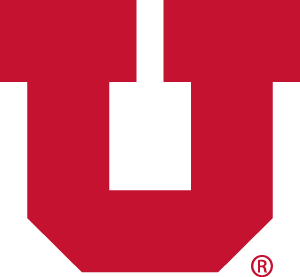A Zebrafish Model For Adrenoleukodystrophy
ID U-6251
Category Research Tools (Tangible Property)
Subcategory Animal Models
Researchers
Brief Summary
Zebrafish model for adrenoleukodystrophy to accelerate research and development of potential therapeutics.
Problem Statement
Leukodystrophy affects less than 1 in 10,000 live births and leads to death in one-third of affected children by 8 years of age. Specifically, adrenoleukodystrophy (ALD) is a neurological disorder of the myelin and caused by mutations in the abcd1 peroxisomal ATP-Binding cassette transporter gene. As the disease advances, severe neurological deficits can become apparent including auditory impairment, decreased visual acuity, cerebellar ataxia, and seizures.
Technology Description
Researchers at the University of Utah have developed a zebrafish model of ALD that can be used to screen potential therapeutics for ALD. This model includes a GFP myelin reporter and a heterozygous EIF2B mutant allele that is related to over half of all ALD cases. These mutant lines are stable and the disease phenotypes have been validated.
Benefit
- Time and cost effective: In these zebrafish, expression of the reporter gene can be visible by 48 hours post-fertilization with widespread expression 72 hours post-fertilization.
- Expression is persistent into adulthood.
- Enables high-throughput screening of drug candidates or genetic modifiers.
Publications
Strachan L, Stevenson T, Freshner B, et al (2017) A Zebrafish Model of X-linked Adrenoleukodystrophy Recapitulates Key Disease Features and Demonstrates a Developmental Requirement for abcd1 in Oligodendrocyte Patterning and Myelination. Hum Mol Genet. 26 (18): 3600–3614.
Contact Info
Lucia Irazabal
lu.irazabal@utah.edu


